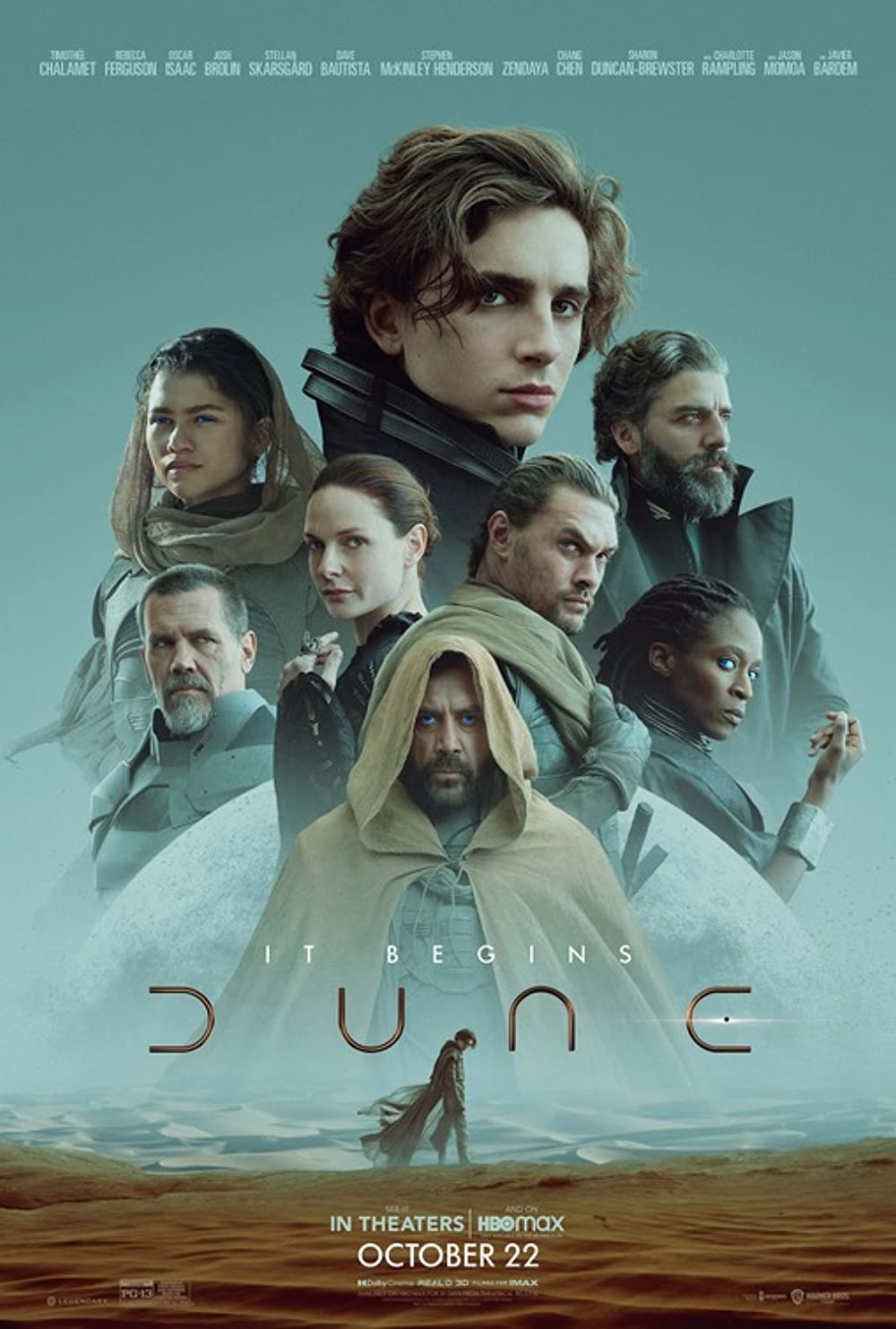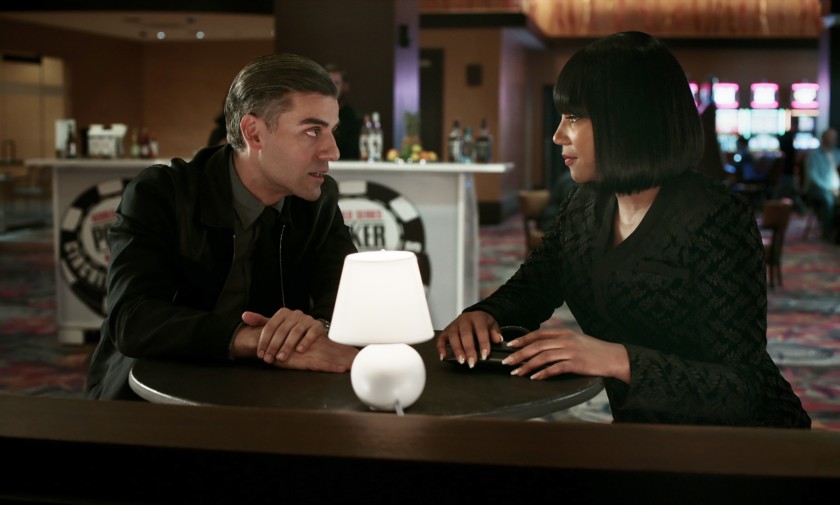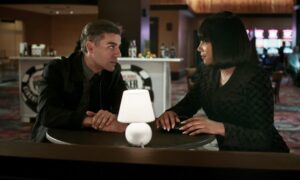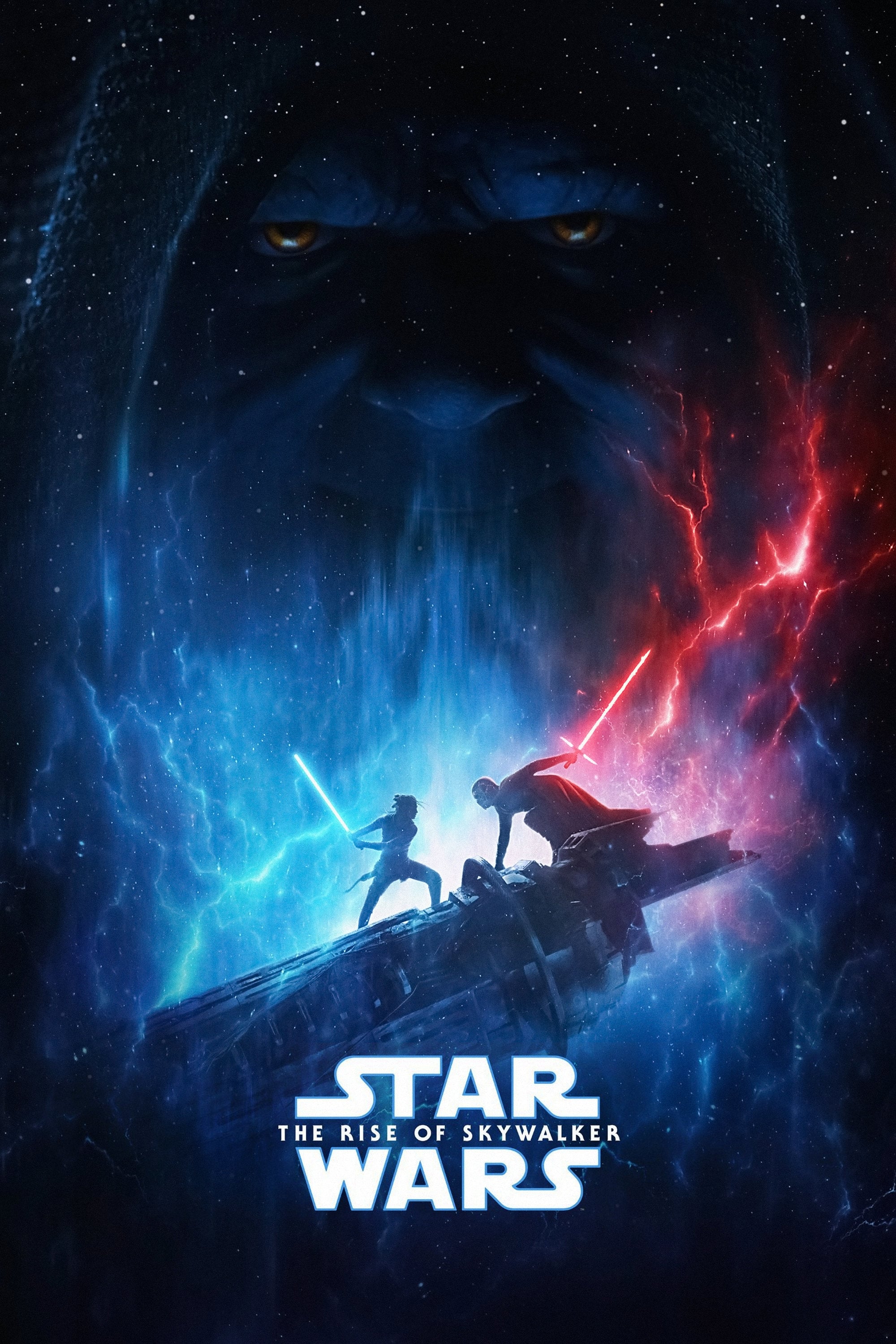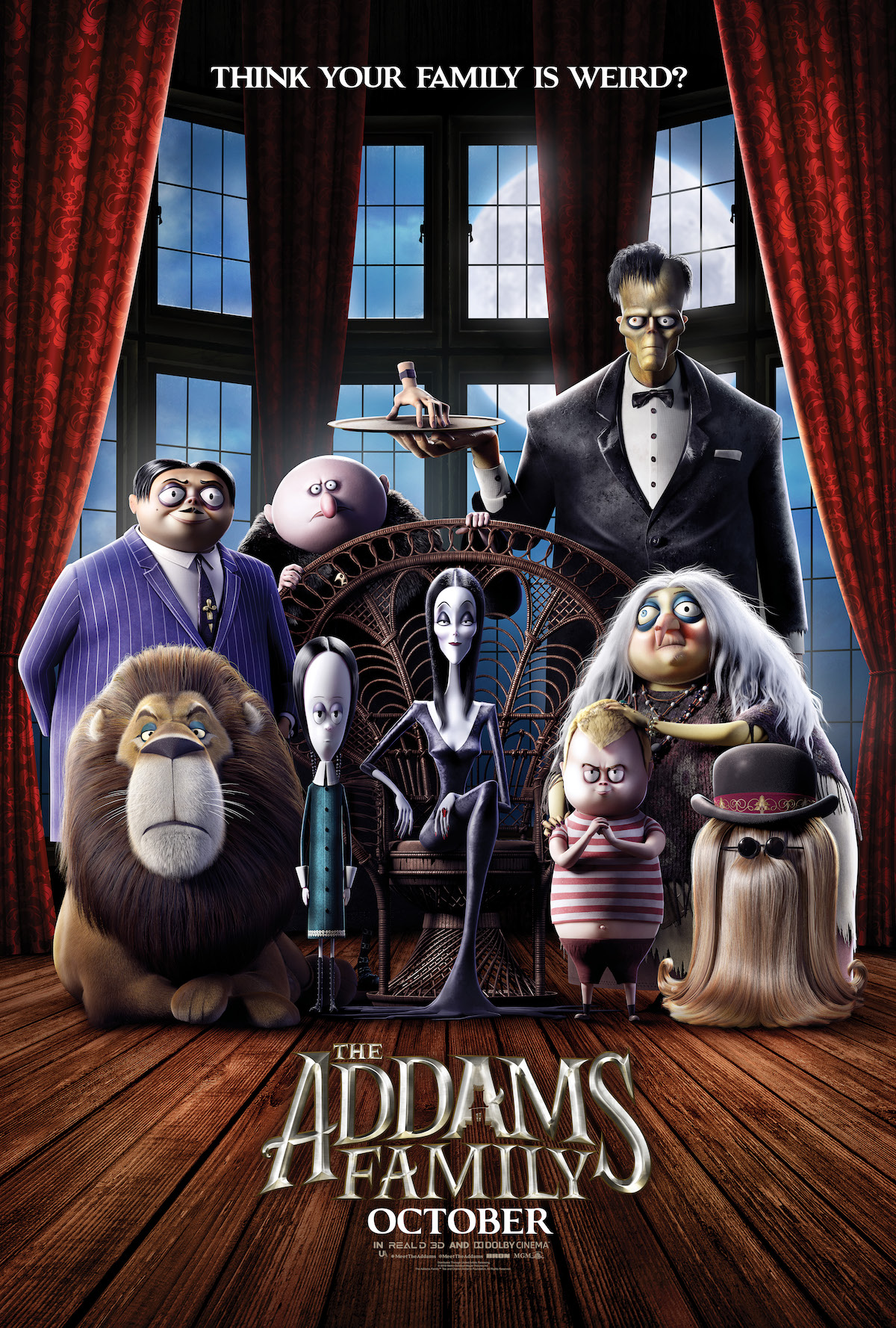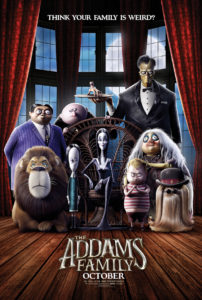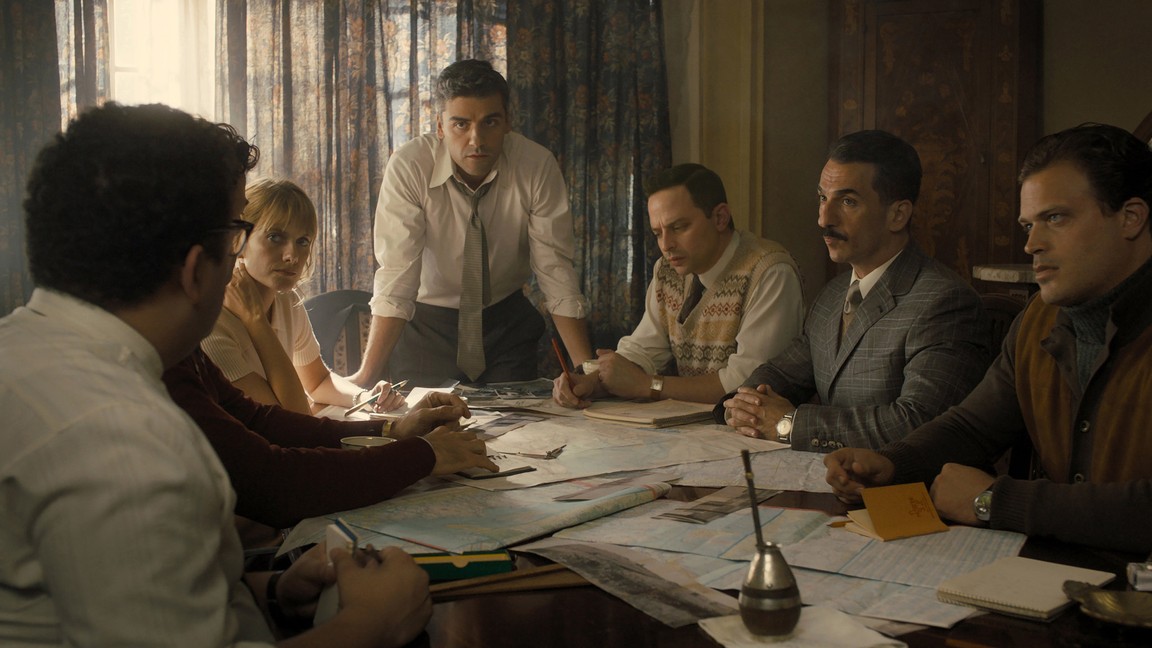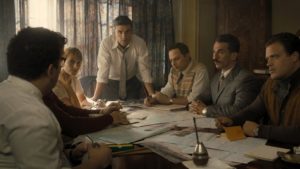Dune
Posted on October 21, 2021 at 5:21 pm
B +| Lowest Recommended Age: | High School |
| MPAA Rating: | Rated PG-13 for some disturbing images, sequences of strong violence, and suggestive material |
| Profanity: | Mild language |
| Alcohol/ Drugs: | Sci-fi drug use |
| Violence/ Scariness: | Extended peril and violence, monsters, guns, knives, many characters injured and killed including major characters and sad death of a parent, some scary and graphic images |
| Diversity Issues: | Diverse characters |
| Date Released to Theaters: | October 22, 2021 |
| Date Released to DVD: | January 10, 2022 |

But while you may be pondering those ifs, you will be stunned and amazed by the astonishing worlds on the screen (please see it on IMAX if you can do so safely), one of the most remarkable examples of cinematic world-building magic ever made, thanks to “Arrival” duo director Denis Villeneuve and art director Patrice Vermette.
Timothée Chalamet plays Paul Atreides, the son of a powerful Duke (Oscar Isaac) who is loyal to the emperor and his beloved concubine, Lady Jessica (Rebecca Ferguson), who is a member of a group called Bene Gesserit. They are a secretive, nun-like group with magical powers. Remember how Obi-wan Kenobi told the imperial guard “These are not the droids you are looking for” and the guard bought it? The Bene Gesserit has powers like that only to do it they have to use a low-pitched growly voice.
So Paul comes from political and financial power on one side and mystical power on the other, quite a potent mix and as a teenager he is still sorting it all out, especially some weird and possibly predictive dreams he has been having.
The emperor makes a controversial decision to remove one of the Duke’s rival houses, House Harkonnen, from the extremely lucrative desert planet Arrakis, where they have accumulated incalculable wealth from the planet’s precious resource, called spice, by exploiting the environment and abusing the planet’s residents, the Fremen, who are now mostly hiding out literally underground. He orders the Duke to take over, and the Duke and his family dutifully obey. Needless to say, House Harkonnen and its leader the Baron (Stellan Skarsgård in Jabba the Hutt mode) is angry. This means Paul has to contend with all the usual teenage angst and identity issues plus the angry Fremen and possibly some traitorous insiders.
A couple of other points: Arrakis has some indigenous animal life, including a cute mouse creature and some gigantic and extremely scary and lethal sand worms, with mouth-like openings the size of a circus tent. They are attracted to — of all things — rhythmic sounds, like…footsteps. And spice is extremely valuable and can turn users’ eyes blue.
Even if you are confused, you can still be drawn into the story because it is clear who the good and bad and good/bad characters are and who we are supposed to root for. And the visuals are so compelling that the confusing parts make us more curious than frustrated. It is overlong for an origin story, but made with so much thought and story-telling mastery that I’m confident the next chapter will be even better.
Parents should know that this film includes some mild language, some sexual references, and extended sometimes bloody violence including weapons and poison. Major characters are injured and killed, including a parent.
Family discussion: What historic events may have inspired this story? What elements of the story inspired later classic movies?
If you like this, try: The books by Frank Herbert and others like Stranger in a Strange Land and The Foundation Trilogy

